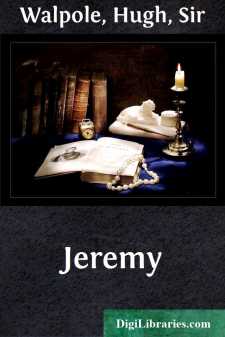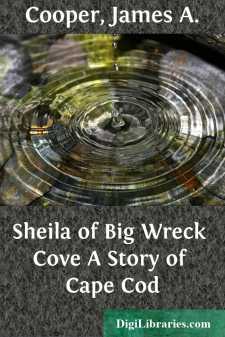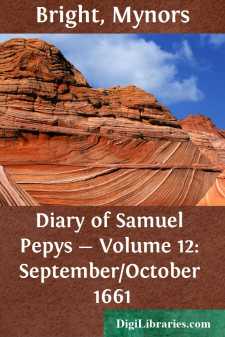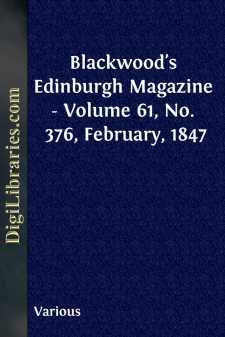Categories
- Antiques & Collectibles 13
- Architecture 36
- Art 48
- Bibles 22
- Biography & Autobiography 813
- Body, Mind & Spirit 142
- Business & Economics 28
- Children's Books 13
- Children's Fiction 10
- Computers 4
- Cooking 94
- Crafts & Hobbies 4
- Drama 346
- Education 46
- Family & Relationships 57
- Fiction 11828
- Games 19
- Gardening 17
- Health & Fitness 34
- History 1377
- House & Home 1
- Humor 147
- Juvenile Fiction 1873
- Juvenile Nonfiction 202
- Language Arts & Disciplines 88
- Law 16
- Literary Collections 686
- Literary Criticism 179
- Mathematics 13
- Medical 41
- Music 40
- Nature 179
- Non-Classifiable 1768
- Performing Arts 7
- Periodicals 1453
- Philosophy 64
- Photography 2
- Poetry 896
- Political Science 203
- Psychology 42
- Reference 154
- Religion 513
- Science 126
- Self-Help 84
- Social Science 81
- Sports & Recreation 34
- Study Aids 3
- Technology & Engineering 59
- Transportation 23
- Travel 463
- True Crime 29
Sort by:
by:
Frank Mayer
A RIFT IN THE LUTE Everything else was in harmony. If the sky turquoise was a shade or two paler than the prescribed robin's-egg, it blended perfectly with the unpronounced greens of the sprouting grass and the uncertain olive of the budding sagebrush. On the crest of the distant divide a silver-gray wreath of aspens lay against the tawny cheek of the mountain as daintily as an otter-fur...
more...
by:
Hugh Walpole
CHAPTER I. THE BIRTHDAYIAbout thirty years ago there was at the top of the right-hand side of Orange Street, in Polchester, a large stone house. I say "was"; the shell of it is still there, and the people who now live in it are quite unaware, I suppose, that anything has happened to the inside of it, except that they are certainly assured that their furniture is vastly superior to the furniture...
more...
by:
James A. Cooper
CHAPTER I CAP'N IRA AND PRUE Seated on this sunshiny morning in his old armchair of bent hickory, between his knees a cane on the head of which his gnarled hands rested, Captain Ira Ball was the true retired mariner of the old school. His ruddy face was freshly shaven, his scant, silvery hair well smoothed; everything was neat and trig about him, including his glazed, narrow-brimmed hat, his blue...
more...
by:
A.C. Michael
Chapter One. At the Dying of the Year. The New Year festivities were over; in the hall of the old country Manor the guests had danced and sung, had stood hand in hand in a widening circle, listening to the clanging of bells in the church-tower near by. Now, with much hooting and snorting of motors, the visitors from afar had departed to their homes, and the members of the house-party had settled...
more...
INTRODUCTION. The argument brought against the ‘Roman pronunciation’ of Latin is twofold: the impossibility of perfect theoretical knowledge, and the difficulty of practical attainment. If to know the main features of the classic pronunciation of Latin were impossible, then our obvious course would be to refuse the attempt; to regard the language as in reality dead, and to make no pretence of...
more...
by:
Mynors Bright
September 1st (Lord's day). Last night being very rainy [the rain] broke into my house, the gutter being stopped, and spoiled all my ceilings almost. At church in the morning, and dined at home with my wife. After dinner to Sir W. Batten's, where I found Sir W. Pen and Captain Holmes. Here we were very merry with Sir W. Pen about the loss of his tankard, though all be but a cheat, and he do...
more...
by:
Various
MEMOIR OF THE LATE JOHN WILLIAM SMITH, OF THE INNER TEMPLE, BARRISTER-AT-LAW. BY SAMUEL WARREN, OF THE INNER TEMPLE, BARRISTER-AT-LAW.But the fair guerdon when we hope to find,And think to burst out into sudden blaze,Comes the blind Fury with the abhorred shears,And slits the thin-spun life. Milton.—Lycidas. The name of John William Smith, barrister-at-law, of the Inner Temple, now appears, possibly...
more...
by:
Irving Novick
There was a sudden crash that hung sharply in the air, as if a tree had been hit by lightning some distance away. Then another. Alan stopped, puzzled. Two more blasts, quickly together, and the sound of a scream faintly. Frowning, worrying about the sounds, Alan momentarily forgot to watch his step until his foot suddenly plunged into an ant hill, throwing him to the jungle floor. "Damn!" He...
more...
by:
Lilian Whiting
THE GOLDEN AGE LIES ONWARD. "The Golden Age lies onward, not behind.The pathway through the past has led us up:The pathway through the future will lead on,And higher." The Life Radiant is that transfiguration of the ordinary daily events and circumstances which lifts them to the spiritual plane and sees them as the signs and the indications of the divine leading. Every circumstance thus becomes...
more...
by:
Arnold Bennett
CHAPTER I BEGINNING OF THE IDYLL In the Five Towns human nature is reported to be so hard that you can break stones on it. Yet sometimes it softens, and then we have one of our rare idylls of which we are very proud, while pretending not to be. The soft and delicate South would possibly not esteem highly our idylls, as such. Nevertheless they are our idylls, idyllic for us, and reminding us, by certain...
more...











